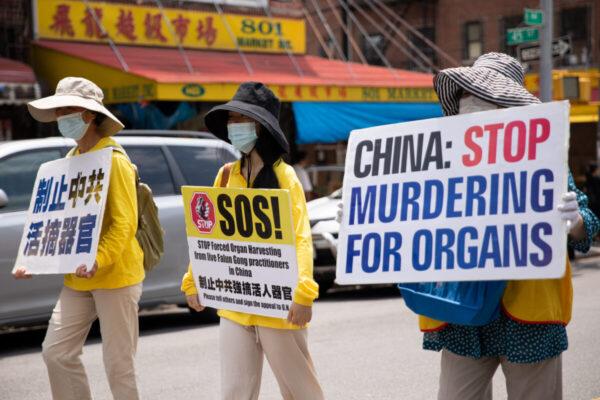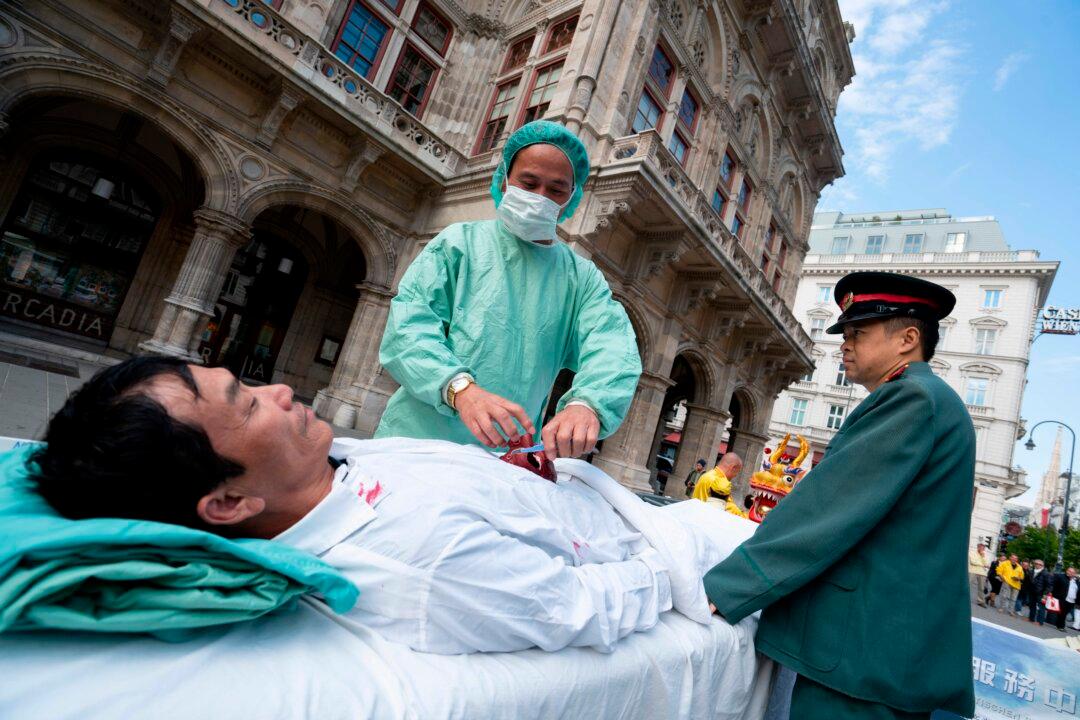Forced organ harvesting from living prisoners of conscience has secretly existed for over 20 years across the country under the rule of the Chinese Communist Party (CCP), spotlighting an escalation of human rights violations in the 21st century, according to the event’s description.
The side event to the 49th session of the Human Rights Council in Geneva will launch its online webinar on Tuesday morning. The 90-minute online event is hosted by CAP Freedom of Conscience, is a secular European NGO with United Nations Consultative Status, and co-organized by Doctors Against Forced Organ Harvesting (DAFOH), a Washington-based medical ethics advocacy group. They will present a dozen of international speakers including politicians, experts, lawyers, journalists, and human rights activists, to share insights about human rights violations in China.
Such crime is “one of the most unconscionable crimes against humanity one can imagine,” said Torsten Trey, founder and executive director of DAFOH. “It is a disgrace that such act that despises human life has occurred for over two decades under the purview of an international body such as the UNHRC [United Nations Human Rights Council].”
“[But] we still have the chance to make a stand for humankind,” he told The Epoch Times.
“A stance against the CCP becomes a stance for human rights around the world,” said Belgian politician Annick Ponthier. She first learned about organ harvesting in 2020 after viewing the ruling of the 2019 tribunal.

“And it is truly strange,” Snezhana Georgieva, one of the featured presenters of the event, told The Epoch Times. “But at the same time not so strange, that the target of the Communist Party’s persecution is Falun Dafa—a spiritual practice that teaches noble human and moral values such as freedom, compassion, creation.”
“We must stand together as an international community for the protection of those whose voices have been silenced by fear, oppression, and brutality,” human rights activist Casey Alves said in a recent interview. Alves, who studied forced organ harvesting in China for her master’s research at Oxford Brookes University, will also speak during the upcoming seminar.
Lord Philip Hunt, a member of the UK Parliament and a former British health minister, described forced organ harvesting as “commercialized murder and without doubt, among the worst of crimes.”
Presenters of the day include House Judiciary Committee member Rep. Steve Chabot (R-Ohio), Dutch politician of the European Parliament Peter van Dalen, Canadian award-winning human rights lawyer David Matas, Spanish politician of the European Parliament Hermann Tertsch del Valle-Lersundi, and Taiwanese legislator Tien Chiu-Chin.




